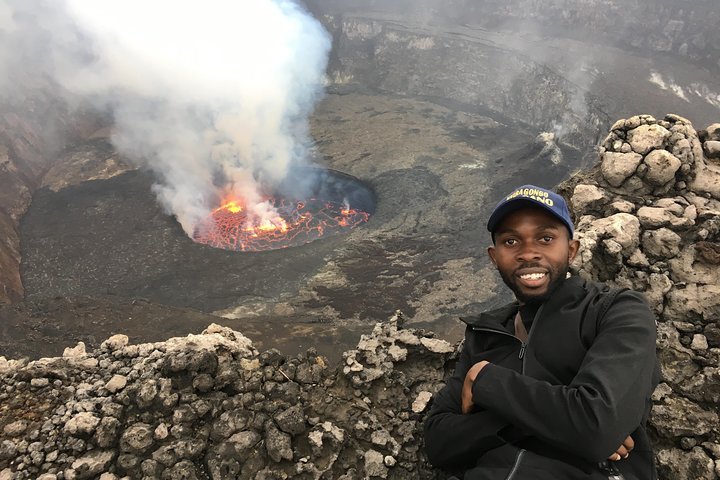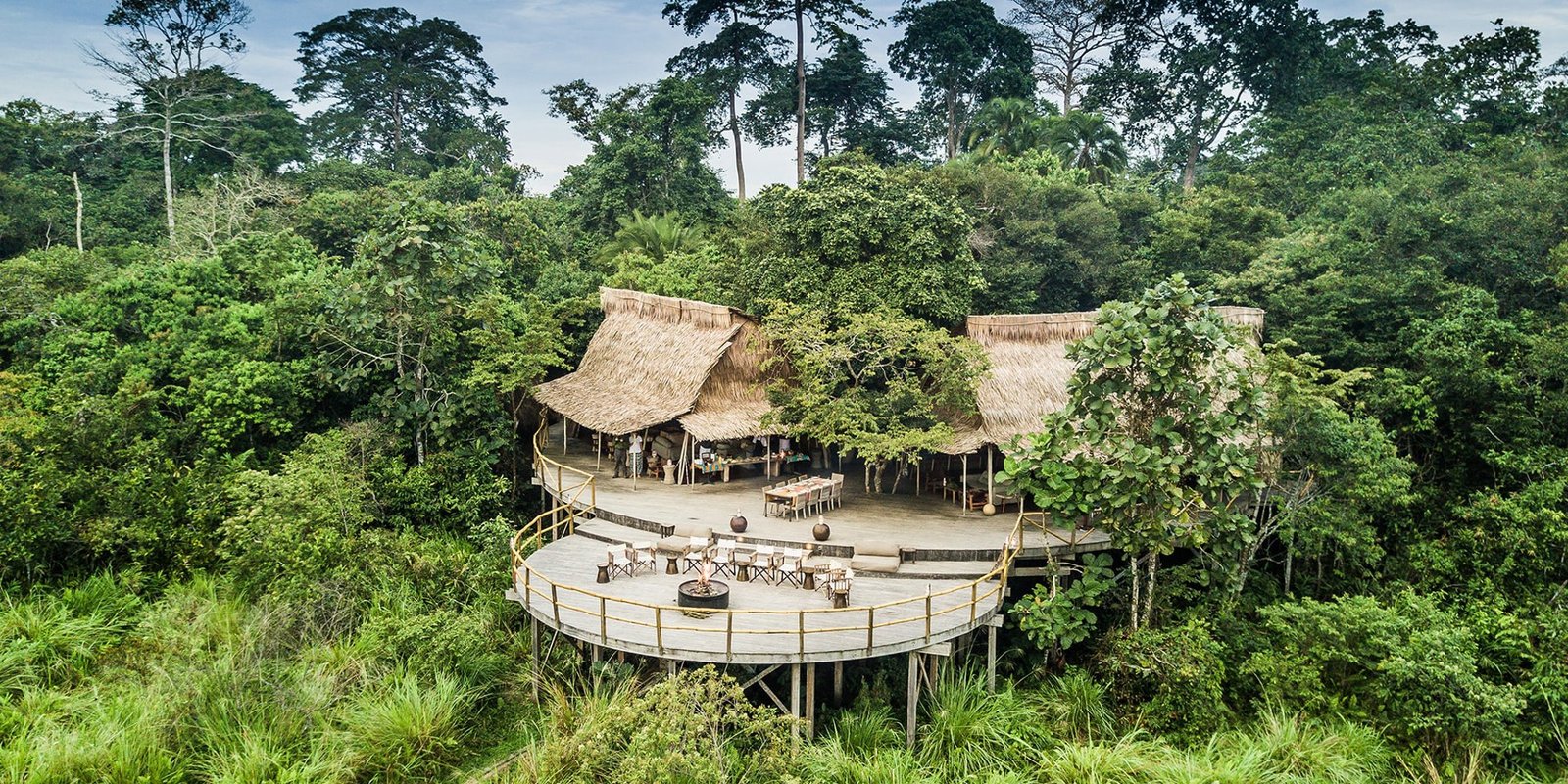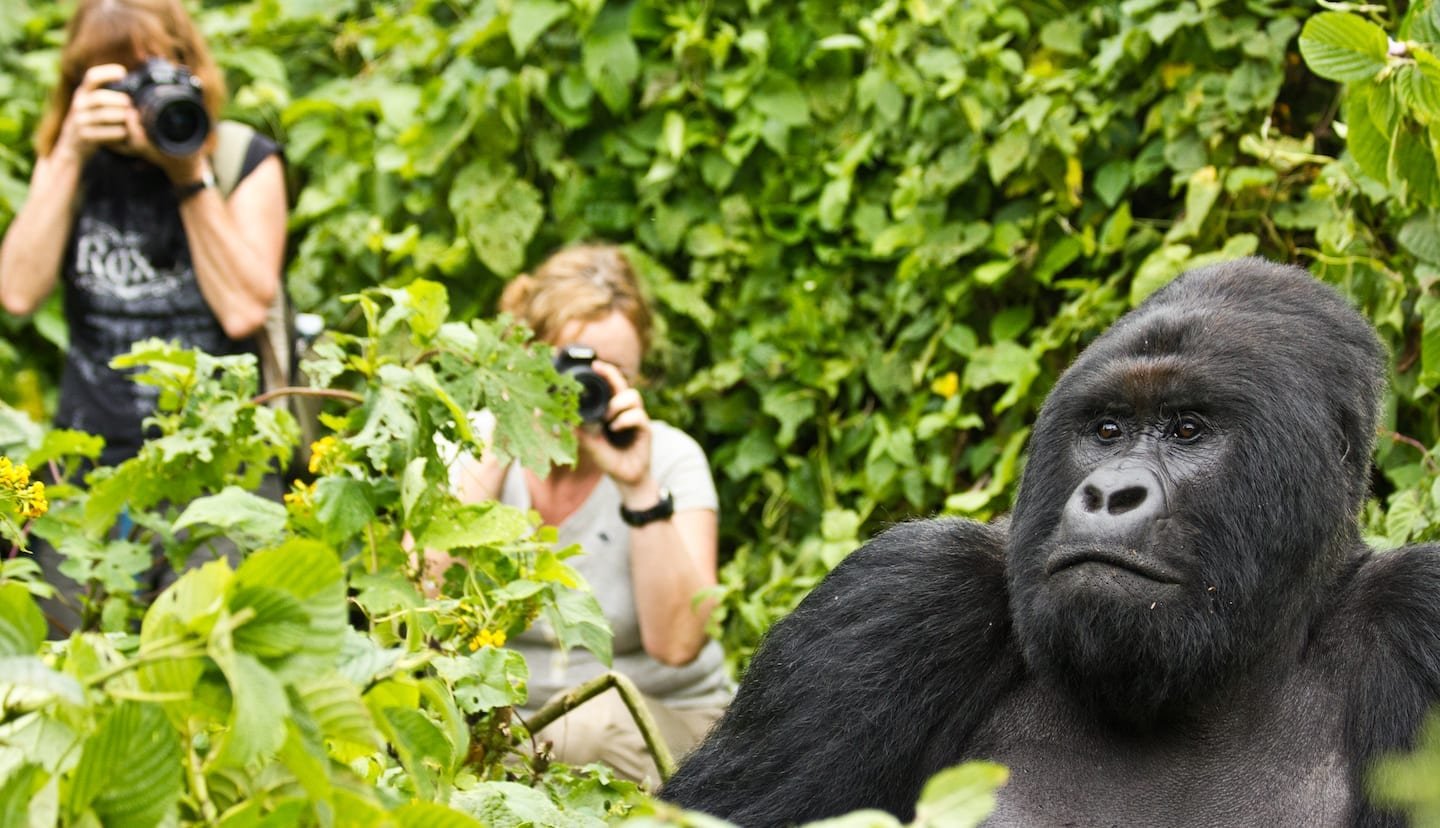Health and Vaccinations
Yellow Fever vaccination is mandatory for all visitors to Congo (DRC) and you will need to take your vaccination certificate with you. Without it you may be denied entry into the country. We suggest you also be up to date with Typhoid, Tetanus, Polio and Hepatitis A. Malaria is present throughout Congo (DRC). Please note we are not medical professionals and so we highly recommend you seek advice from your local GP or travel centre as to the correct immunisations and preventative treatments.
Currency
In Congo (DRC) the official unit of currency is the Congolese Franc.
To check out the latest exchange rate for the places that you are visiting you can go to www.oanda.com.
Cultural Sensitivity
On our tours you will frequently interact with local people, each with their own distinct customs and traditions. We therefore ask you to be considerate and to treat them with respect. Your tour-leaders and guides will always be able to advise you accordingly.
Observing wild gorillas up close is something that even the most jaded of travellers tend to rank among their all-time favourite travel experiences and will undoubtedly linger in the memory long after the suntan has faded! We encourage our clients to support our guides by learning and honouring their policies which helps preserve our precious environment.
Language & Religion
French is the official language of Congo (DRC) whilst Kituba, Lingala, Swahili and Tshiluba are the most widely spoken of over 200 indigenous languages. In Congo (DRC) the vast majority of the population are Christian, with the popular denominations being Protestants and Roman Catholics. There is a minority Islamic population and a resurgence of Kimbanguism, which was banned during colonial Belgium rule.
Time
Congo (DRC) is 1 hour ahead of GMT.
A useful website to check the time zone differences is www.worldtimezone.com.
Food and drink
By and large the staple food commonly found in most dishes in Congo (DRC) is cassava due to its year-round availability, often made into a dough-like accompaniment known as Fufu. The national dish consists of chicken and fish with cassava leaves, spicy pepper sauce, plantain, rice and nuts is known as Moambe. Most dishes will be served with the chilli sauce, pili pili.
Breakfast will usually be continental style, with sliced bread/rolls with cheese, ham/salami and jam plus coffee/tea. Lunch and dinner consist mainly of local specialties consisting of meat, poultry, or fish with vegetables, rice, potatoes or ‘Foufou’, a local side dish made of the manioc plant.
Popular beverages include Linguila, a wine made from fermented sugar cane; palm wine made from the sap of palm trees; and white elephant, a cocktail made from run, coconut and milk.


